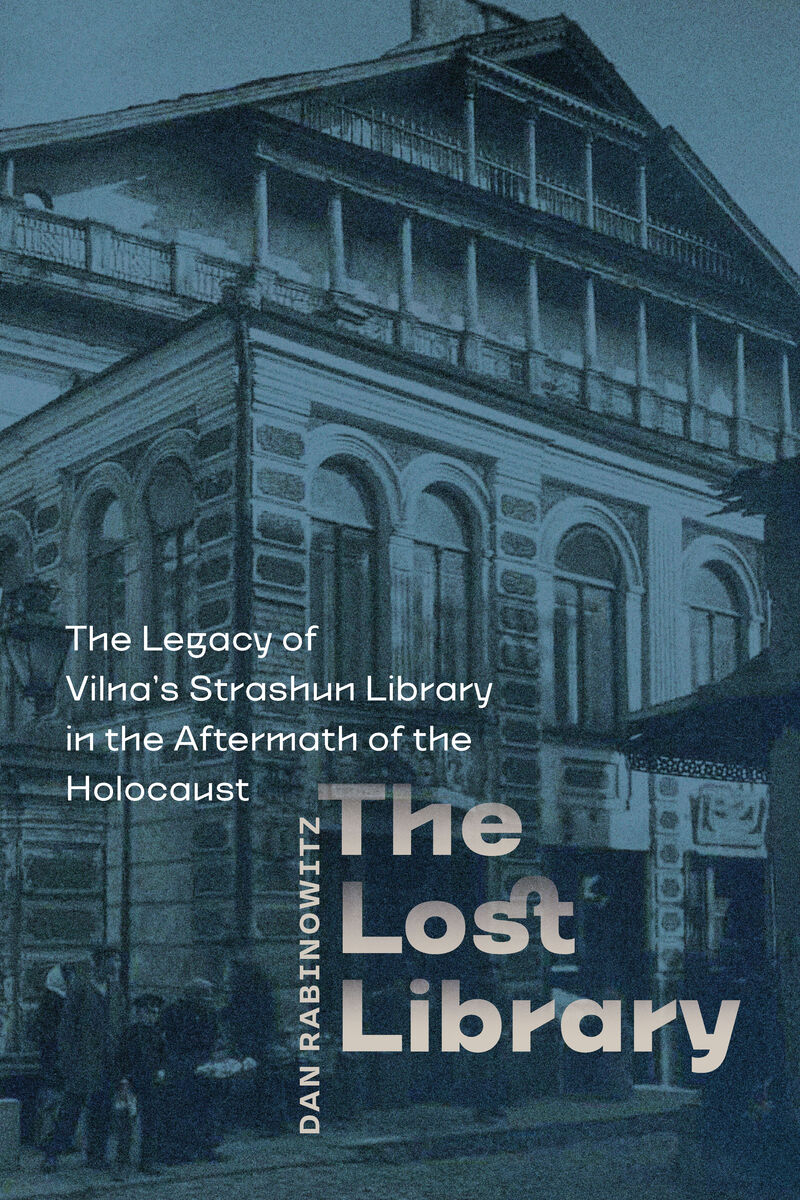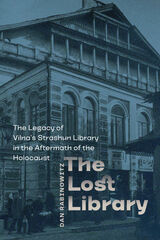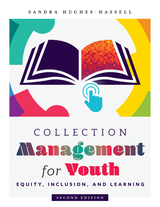The Lost Library: The Legacy of Vilna's Strashun Library in the Aftermath of the Holocaust
Brandeis University Press, 2018
eISBN: 978-1-5126-0310-1 | Paper: 978-1-5126-0309-5 | Cloth: 978-1-5126-0308-8
Library of Congress Classification Z675.J4R35 2019
Dewey Decimal Classification 027.04793
eISBN: 978-1-5126-0310-1 | Paper: 978-1-5126-0309-5 | Cloth: 978-1-5126-0308-8
Library of Congress Classification Z675.J4R35 2019
Dewey Decimal Classification 027.04793
ABOUT THIS BOOK | AUTHOR BIOGRAPHY | REVIEWS | TOC
ABOUT THIS BOOK
The Strashun Library was among the most important Jewish public institutions in Vilna, and indeed in Eastern Europe, prior to its destruction during World War II. Mattityahu Strashun, descended from a long and distinguished line of rabbis, bequeathed his extensive personal library of 5,753 volumes to the Vilna Jewish community on his death in 1885, with instructions that it remain open to all. In the summer of 1941, the Nazis came to Vilna, plundered the library, and shipped many of its books to Germany for deposition at a future Institute for Research into the Jewish Question. When the war ended, the recovery effort began. Against all odds, a number of the greatest treasures of the library could be traced. However, owing to its diverse holdings and its many prewar patrons, a custody battle erupted over the remaining holdings. Who should be heir to the Strashun Library? This book tells the story of the Strashun Library from its creation through the contentious battle for ownership following the war until present day. Pursuant to a settlement in 1958, the remnants of the greatest prewar library in Europe were split between two major institutions: the secular YIVO in the United States and the rabbinic library of Hechal Shlomo in Israel, a compromise that struck at the heart of the library’s original unifying mission.
See other books on: Destruction and pillage | Legacy | Libraries | Library | Lithuania
See other titles from Brandeis University Press








